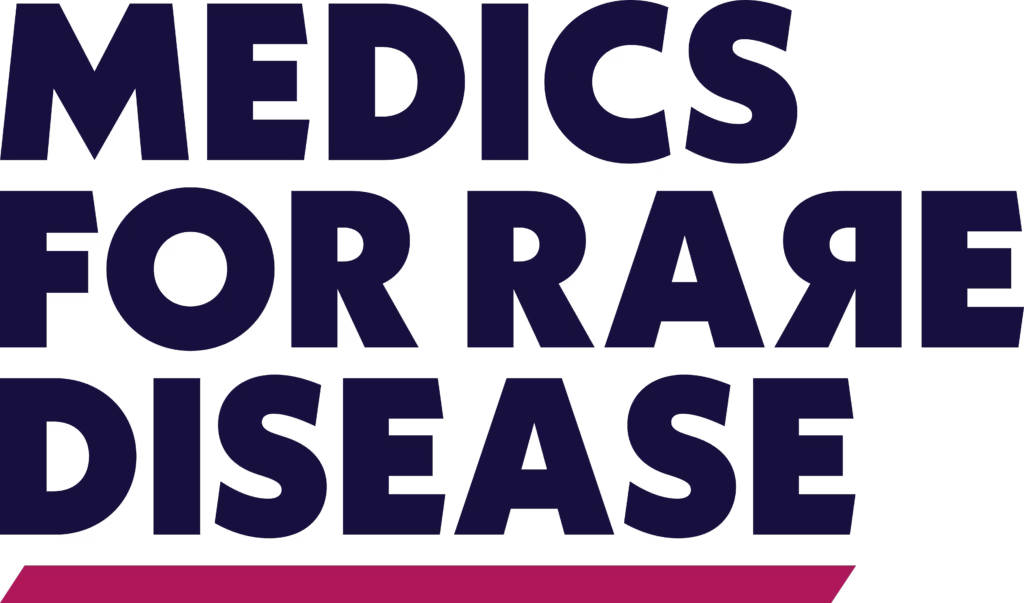Rare Diseases
An Introduction to Rare Diseases
The rarest infectious diseases can have the most severe consequences and collectively comprise a significant global health burden. Some of the most important include Ebola virus, Chikungunya virus, lassa fever, amoebic meningitis, anaplasmosis, babesiosis, burkholderia infection, Chagas disease, coccidioidomycosis, Cryptococcus gattiihrlichiosis, histoplasmosis, monkeypox, paragonimiasis, prion disease, severe acute respiratory syndrome-associated coronavirus disease (SARS), smallpox, tickborne rickettsioses, tick paralysis, typhus and viral haemorrhagic fevers. Many challenges exist in this field, particularly the increasing emergence of multidrug resistant pathogens. A better understanding of the role of host immunity in disease outcomes is needed to advance precision medicine.
Our supporting partners do not constitute an endorsement of the content on this page.

Physician burnout is at a critical point. In this episode, Nicky speaks with Dr Alfred Atanda about why so many physicians are burning out and what can be done to change the trend. From personal experience to system-wide solutions, Dr Atanda shares valuable insights on improving physician well-being and building a more effective healthcare culture.

In this episode, we explore the future of continuing medical education (CME) with the team behind touchIME. Hannah Fisher and Matthew Goodwin share insights into global and US trends, the importance of patient inclusivity and how educational outcomes are evolving to better measure the direct impact of learning on clinical practice and patient care.
Latest articles videos and clinical updates - straight to your inbox
Log into your Touch Account
Earn and track your CME credits on the go, save articles for later, and follow the latest congress coverage.
Register now for FREE Access
Register for free to hear about the latest expert-led education, peer-reviewed articles, conference highlights, and innovative CME activities.
Sign up with an Email
Or use a Social Account.
This Functionality is for
Members Only
Explore the latest in medical education and stay current in your field. Create a free account to track your learning.





